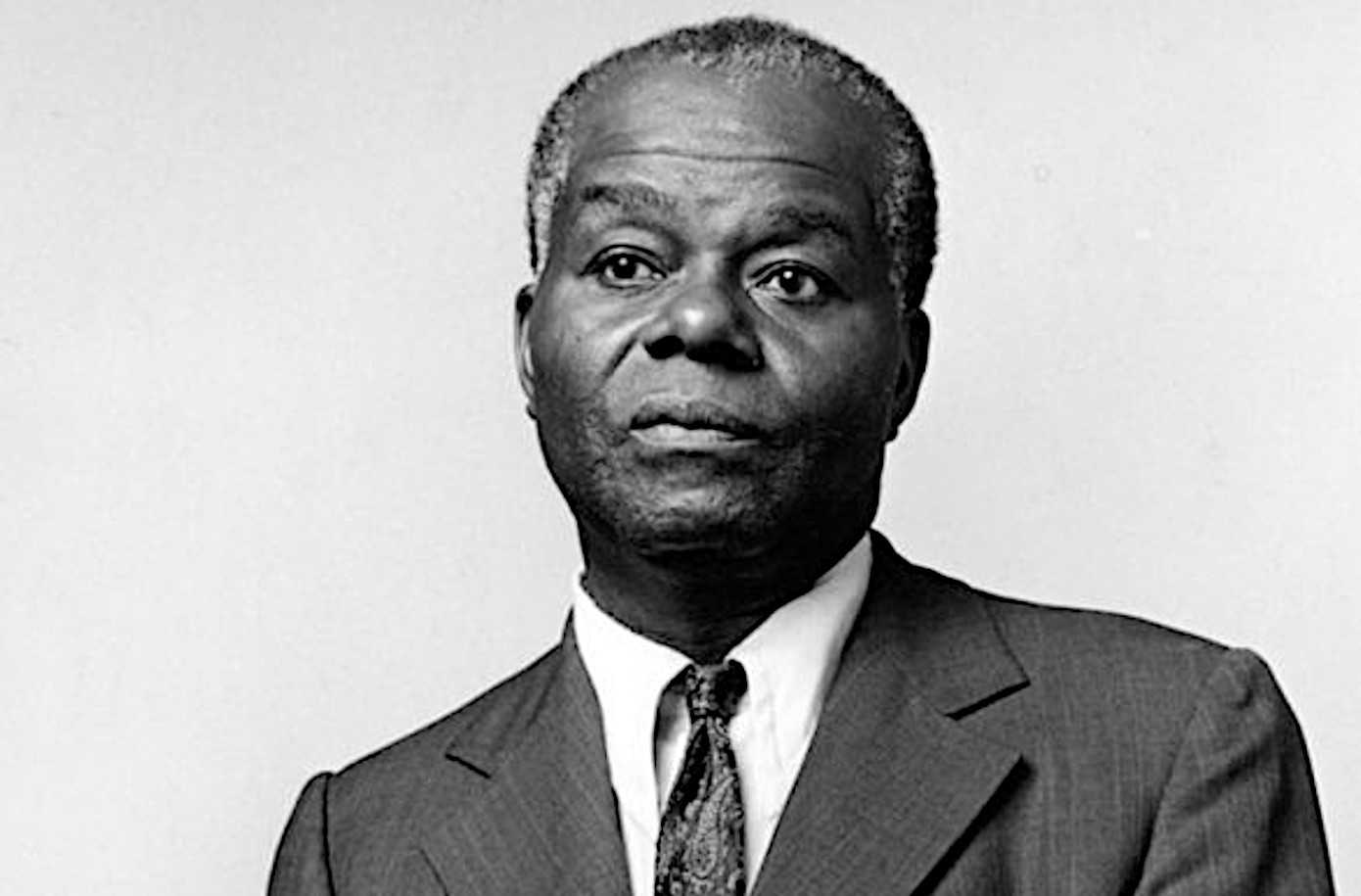A professor, Pan-Africanist writer, and historian, John Henrik Clarke, is credited with redressing the distorted view of African history by traditional scholars. Clarke noticed the systematic and racist erosion of African history, noting that detractors took on a Eurocentric view on the subject. As a result, he devoted his life to correcting this view, providing a much more authentic view of African history.
John was born in 1915 in Union Springs, Alabama, to John Clark and Willie Ella Clark. He was the youngest child in the family, and his parents had hoped that he would become a farmer. However, Clarke was worried about his history as a black person and its slow erosion in black history. He decided to move to Harlem during the Great Migration in pursuit of a scholarship and to begin his activism journey. It was then that he renamed himself John Henrik (instead of Henry) and Clarke (instead of Clark) to reflect his newfound identity. Clarke began studying Africa’s history while working a full-time job joining Hunter College, New York University, the League for Professional Writers, and the New School of Social Research as an autodidact. Clarke never completed formal education until 1992, when he earned a bachelor’s degree and a doctorate from Pacific Western University in 1994. Even so, he developed significantly as a writer and lecturer, teaching various African-related courses at the newly founded
African Studies Center.
Powerful people don’t like educating the people they oppress, because
John Henrik Clarke
once they’re educated, they will take the reins.
John also lectured at Cornell University and Hunter College, where he created the Black and Puerto Rican Studies Department. At the same time, Clarke became part of the Harlem Renaissance thanks to his contributions to the different study circles, including the Harlem Writers’ Workshop and Harlem History Club. He joined the army for a short time (1941-1945), serving as a non-commissioned officer and ultimately as a master sergeant. Upon his return, he noticed many artistic developments characterized by small magazines and presses, albeit lasting a short while. With writers and publishers determined to establish new enterprises, John took on the role of a book review editor of the Negro History Bulletin, feature writer of Pittsburgh Courier, a black-owned enterprise, and co-founder of the Harlem Quarterly.
It was during his many engagements that Clarke traveled to West Africa, where he met Kwame Nkrumah, whom he had mentored in the United States. While there, he got a job offer to work as a journalist for the Ghana Evening News and later as a lecturer at the University of Ghana, the University of Ibadan, and other African countries. Henrik’s contributions to African American history and culture extend beyond his regular writing, lecturing, and scholarly jobs. He established several professional associations, including:
● African-American Scholar’s Council
● The Black Academy of Arts and Letters
● The African Heritage Studies Association
Clarke is also remembered for editing anthologies of African Americans and writing six scholarly books and articles, including the famous The Boy Who Painted Jesus Black (1975). Without a doubt, John Henrik Clarke left an enduring mark on black history online thanks to his numerous scholarly works and contributions to African history. He died in 1998 in New York City.
